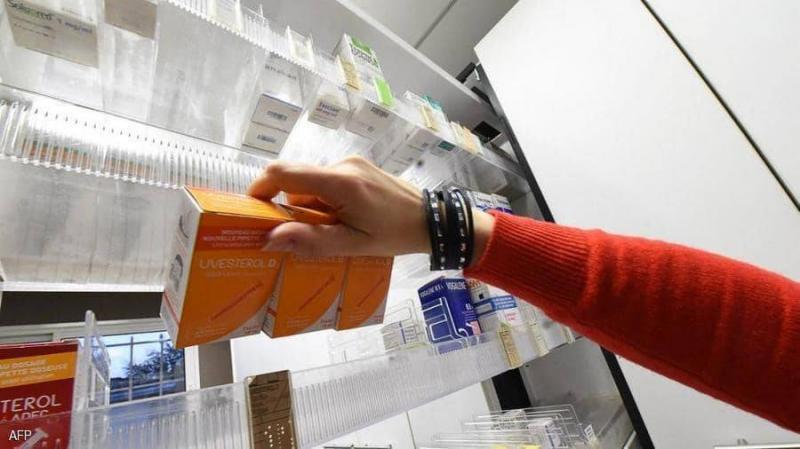"Vitamin D" is naturally found in a number of foods. Including enough of these vitamin D-rich foods in a balanced diet may be sufficient to get through the winter months. Breakfast can be the optimal way to start the day with a dose of sunshine during the winter months, often referred to as "the most important meal of the day."
Eggs, according to an Australian study, provide just one serving of eggs with 82% of the daily dose of Vitamin D, as reported by Sputnik. Just one egg contains 13 different types of vitamins. Dr. Jenny Mansberg stated, "This can be a game changer for those suffering from vitamin D deficiency. One egg contains 13 different types of vitamins and nutrients, totaling 300 kilojoules."
However, if you eat eggs, you should eat them whole, as the egg yolk is the main source of vitamins and nutrients. Although most of the protein in eggs is found in the egg white, fats, vitamins, and minerals are primarily found in the egg yolk.
How many eggs should I eat at breakfast to increase my Vitamin D levels? According to the Australian study, two eggs are sufficient to provide almost all of the daily needs of Vitamin D. It was mentioned that consuming two eggs provides "a significant portion of the recommended dietary intake of Vitamin D, proving that eggs are among the highest natural sources of Vitamin D." The National Health Service indicates that "there is no recommended limit on the number of eggs people should eat."




